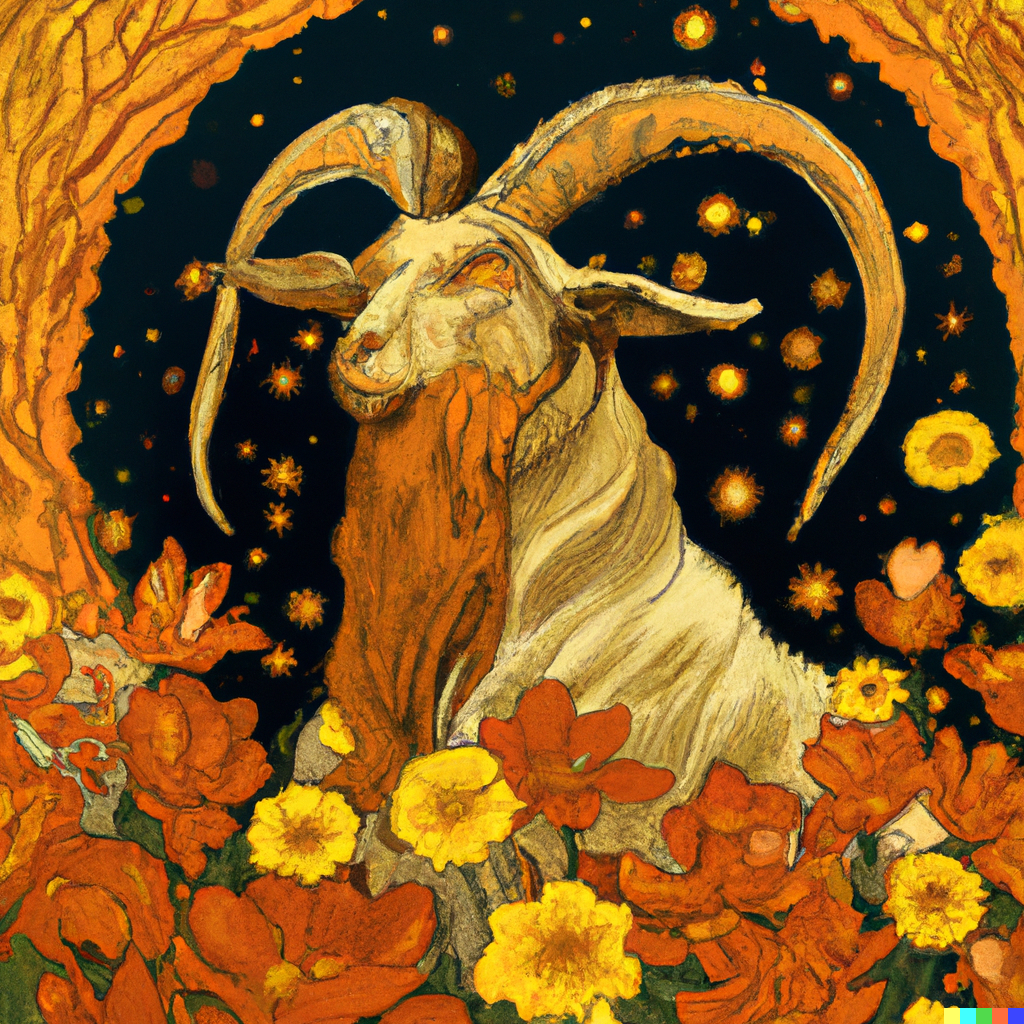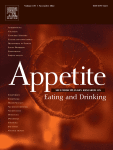Abstract
Despite the established health and ecological benefits of a plant-based diet, the decision to eschew meat and other animal-derived food products remains controversial. So polarising is this topic that anti-vegan communities — groups of individuals who stand vehemently against veganism — have sprung up across the internet. Much scholarship on veganism characterizes anti-vegans in passing, painting them as ill-informed, uneducated, or simply obstinate. However, little empirical work has investigated these communities and the individuals within them. Accordingly, we conducted a study using social media data from the popular platform, Reddit. Specifically, we collected all available submissions (∼3523) and comments (∼45,528) from r/AntiVegan subreddit users (N = 3819) over a five-year period. Using a battery of computerized text analytic tools, we examined the psychosocial characteristics of Reddit users who publicly identify as anti-vegan, how r/AntiVegan users discuss their beliefs, and how the individual user changes as a function of community membership. Results from our analyses suggest several individual differences that align r/AntiVegan users with the community, including dark entertainment, ex-veganism and science denial. Several topics were extensively discussed by r/AntiVegan members, including nuanced discourse on the ethicality and health implications of vegan diets, and the naturalness of animal death, which ran counter to our expectations and lay stereotypes of r/AntiVegan users. Finally, several longitudinal changes in language use were observed within the community, reflecting enhanced group commitment over time, including an increase in group-focused language and a decrease in cognitive processing. Implications for vegan-nonvegan relations are discussed.



Of course, which is why they stated their focus was highly specific - especially given the nature of reddit - suggesting future research to better understand the ideology.
They acknowledged the limits of their study in section 4.5 titled “Limitations and future directions.”